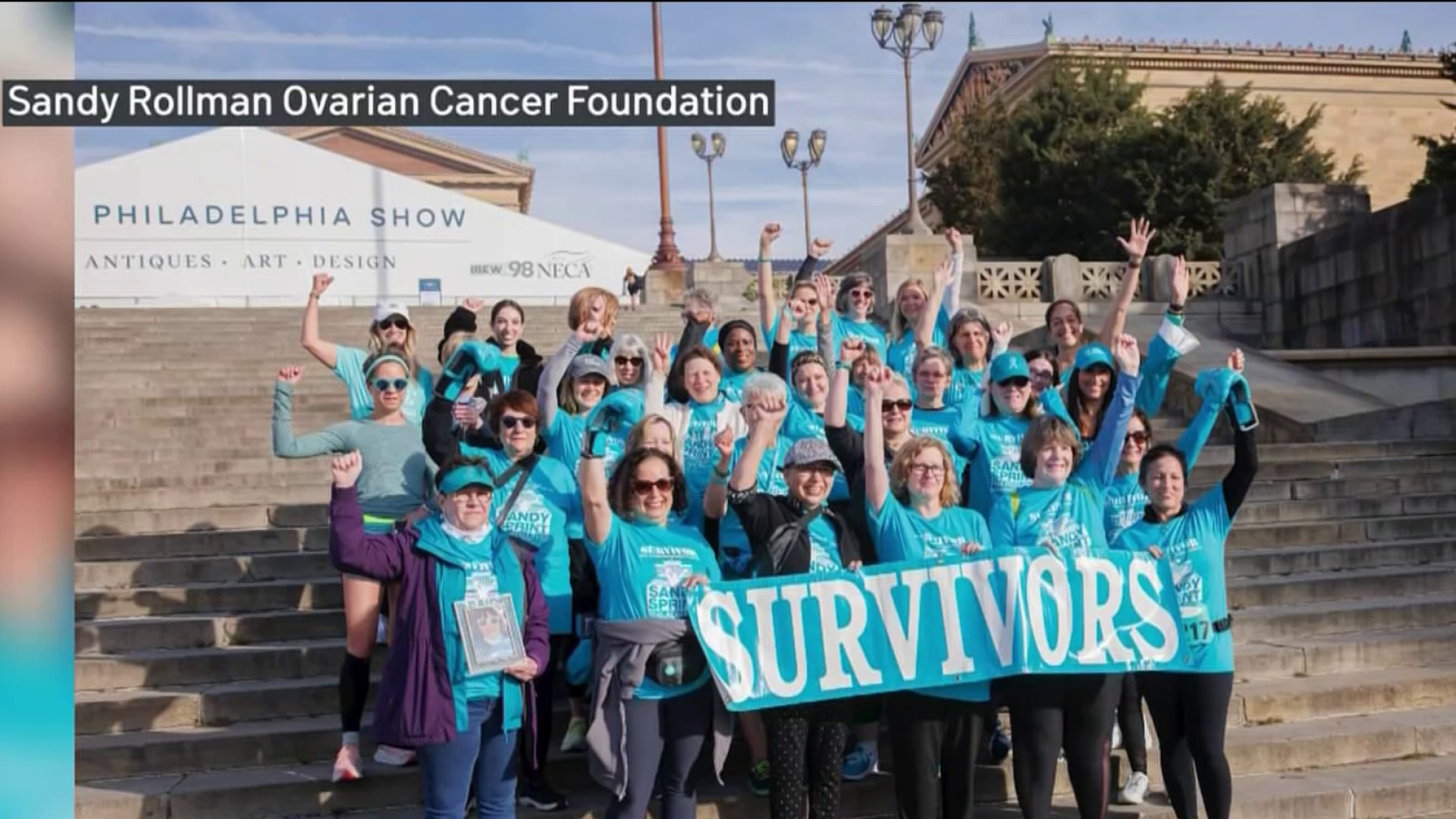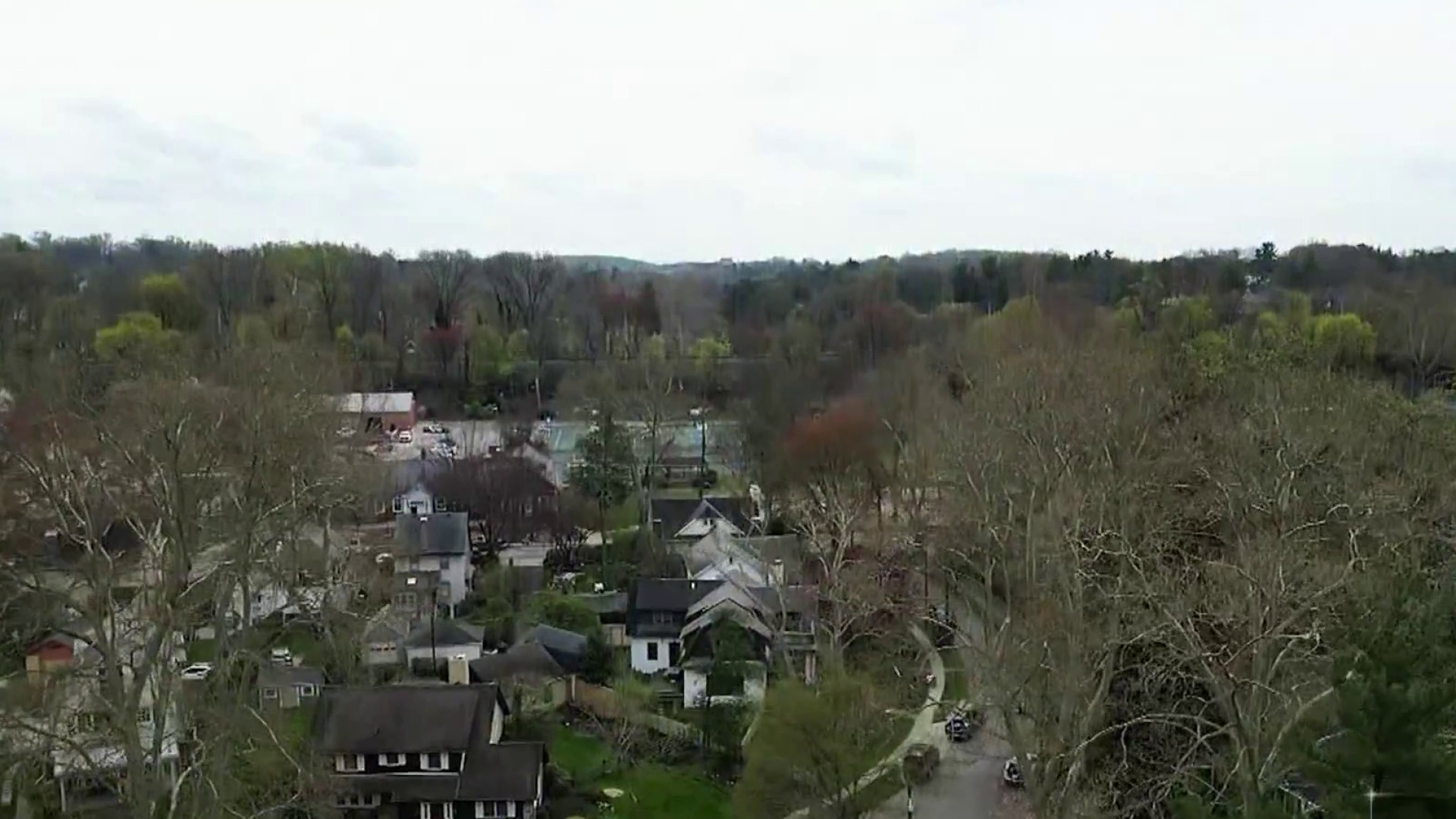Some residents have fought curfew laws that force kids indoors on summer evenings if they're not accompanied by an adult. Some of those court battles have even been successful.
But many of New Jersey's municipalities still have juvenile curfews. And nearly all of the state's 15 most populous municipalities have curfews.
Some begin as early as 9:30 p.m., and end as late as 6 a.m., like the one in Galloway Township. Most, however, restrict unescorted travel by those 17 and younger outside the house between 10 p.m. and 5 a.m.
Ignore the ordinance, and nothing may happen in some municipalities. The median number of young people reported to have violated curfews is just 10 per year for all municipalities in each of the state's 21 counties. But parents of those who are caught may be issued fines as high as $1,000.
Curfews are created to keep kids safe and away from dangerous situations that may exist at night, a time they're usually inside during the school year, police chiefs and municipal leaders maintain.
"We want the children of our city to enjoy the summer months safely by limiting the opportunity for them to come in contact with criminal activity," Newark Mayor Ras Baraka said in a statement earlier this month.
Newark's Public Safety Director Anthony Ambrose adds to that reasoning.
Local
Breaking news and the stories that matter to your neighborhood.
"The safest place for children at night is under the mindful supervision of their parents or another trusted adult, and not on the streets," Ambrose said in a statement. "The overnight hours are particularly hazardous for children because fewer family members and neighbors are outdoors to monitor their safety."
Newark has had a summertime curfews in place since World War II. Several other communities have had curfews for years, as well.
In 1992, then Gov. Jim Florio signed into law a state statue 40:48- 2.52 that gave each municipality the right to decide if they wanted to enact their own ordinances permitting juvenile curfews.
Across the nation, some cities such as Philadelphia, Los Angeles and Chicago, have curfew laws, but others such and New York City have remained curfew-free.
Some community leaders have voiced some concerns about curfews, including Sandra Simpkins founder and director of the Children's Justice Clinic at Rutgers Law Camden.
"From my point of view," she said, "curfew isn't a bad thing it depends on how it's implemented but's there's it's proof to show they curfews are more heavily enforced in communities of color."
Simpkins pointed to a finding by the FBI showing African-American youth were 269 percent more likely to be arrested for violating curfew laws than white juveniles were.
A study from the Brookings Institute, found that juvenile curfews change the number of witnesses out on the streets as well as how police are spending their time, ultimately leading to increases in gun violence.
However, the author Julia Brooks notes that local jurisdictions might find juvenile curfews worthwhile for decreasing minor offenses.
Overall, Brooks' study concluded there were too many potential costs associated with curfew policies — in terms of public safety, community trust, and limiting juveniles' and parents' choices.
Others argue that curfews aren't needed because juvenile crime isn't bad enough that a policy limiting their mobility isn't needed.
According to the New Jersey State Police Uniform Crime Report, juvenile crime across the state has steadily decreased since 1996.
"By sweeping young people off the street you actually create more dangerous situations. I know it goes against the stereotype that young people are just in the streets committing petty crimes, but statistically it's just not true," said Mike Males, a senior research fellow at the Center on Juvenile Criminal Justice, based in San Francisco, who has written about studies on juvenile curfew laws.
"Evidence across the U.S. has shown that people think they do some good. They make people feel safe, but they really don't accomplish anything,"
"It's a waste of resources for law enforcement and antagonizes youth."
Residents have actually won appellate court challenges for curfews in West New York and West Orange because judges decided they curfew ordinances were unconstitutional.
"The appellate decision in the West New York case and the decision in the West Orange case, gives those wanting to oppose municipalities' curfew ordinances a clear basis to do so because those cases showed that municipal curfews were violative of juvenile's right and there was no justification of them.," said J.C. Salyer who was one of the attorneys for the appeal in West Orange and is now an immigration attorney and professor at Barnard College.
Residents of any town can continue to fight curfew laws in courts because neither New Jersey's Supreme Court nor federal courts have ruled on the matter.
In Beach Haven, police and politicians are debating the use of police resources in establishing curfew according to publication the Sand paper. One councilman wanted to enact the ordinance after spotting group of 50-60 teenagers on the beach after 9 p.m.
Exceptions to a curfew vary by municipality. Most say that youth that are with an adult over 21, out on medical emergency, going to or from a community based event or a job are in the clear.
However, missing curfew for an invalid reason in a city with curfew laws can result in steeper consequences.
Those consequences, determined by each municipality, can include an initial first warning, community service, fines and even court appearances for both parents and juveniles.
"Giving police the discretion when a youth is pulled over to decide if they're telling the truth or not can be a dangerous thing," said Rev. Charles Boyer, a pastor in nearby Gloucester County and a social justice activist.
According to the latest Uniform Crime Report for New Jersey, the median number of youth reported violating curfews laws is 10 per year in the state's 21 counties.
Except in Camden.
Camden county police departments reported 898 juvenile curfew and loitering violations in 2016. Historically Camden's numbers have been significantly higher than any other county with over 1,850 youth reportedly caught by police breaking curfew in 2013 when other counties reported fewer than 300 curfew violations per county.
The city of Camden's police department was taken over by Camden County in 2013, and the city's police public information officer Dan Keashen said despite what numbers may show for the county as a whole, the overall goals for Camden is not to ticket teenagers.
Still some such as Rev. Boyer were not surprised to hear about Camden County's numbers.
"Where there's poverty and hard times, you see youth unattended," Boyer said.
"If you start seeing a child over and over again, the point is not to incarcerate them, but to help them."
Curfews are common in beach towns not just for juveniles, but also the general public. However, towns like Beach Haven are looking to restrict juvenile activity along the beach, especially those in large groups.
Mike Males of the Center for Juvenile Justice said residents can expect to see more juvenile curfew laws, especially in Shore communities.
"You see juvenile curfews proposed most often with areas becoming wealthier wanting to move children off the streets and attract more tourists," he said.



